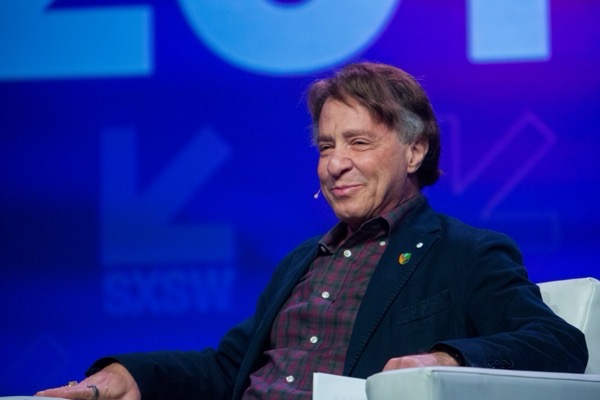Scientists Predict: Advances in Artificial Intelligence Will Extend Human Lifespan

Scientist Ray Kurzweil recently predicted that future artificial intelligence (AI) technologies will surpass humanity’s current scientific limits, potentially stopping aging and enabling humans to live up to 500 years. He stated that after 2032, advances in AI will achieve this goal, as AI will design more advanced AI systems and integrate with the human brain to enhance human intelligence. This integration, he claimed, would amplify human intellect by a million times and break the limits of brain capacity.
Kurzweil, a pioneer in optical character recognition (OCR) and speech synthesis technologies, is also known for introducing the famous concept of the "singularity," which refers to the point at which AI surpasses human intelligence. As early as 2000, he predicted that this turning point would arrive in 2045, at which time AI capabilities would grow exponentially. He also predicted that by 2029, AI would surpass human capabilities. Although many once considered his predictions overly optimistic, the rapid progress of generative AI, such as the rise of ChatGPT, has led some experts to view these timelines as conservative estimates.
Kurzweil emphasized that AI's impact will be most significant in the field of medicine. Currently, AI can analyze protein structures, advancing drug development and disease diagnosis. He optimistically predicts that in the future, AI will help cure most human diseases and may even halt aging. As medical technology progresses, humanity could achieve "longevity escape velocity," where for every year that passes, life expectancy increases by an additional year.
Kurzweil further predicted that after 2032, scientific advancements could enable humans to achieve physical "rejuvenation." In other words, even as individuals age, technology could reverse the aging process, allowing for extended lifespans. He even boldly speculated that human lifespans could extend to 500 years, fundamentally transforming our understanding of life. While his views remain controversial, Kurzweil remains optimistic about the future of technology and AI.
Now 76 years old, Kurzweil stated that the future is not about whether AI will dominate but about the synergistic effects of the integration between AI and humanity. The combination of AI and humans will bring unprecedented progress to civilization and address global challenges more effectively than humans alone. He envisions a future where the world is driven by the collaboration between humans and AI. Kurzweil expressed his hope to witness the arrival of the singularity in 2045 and remains excited about this possibility.
- 193 reads
Human Rights
Fostering a More Humane World: The 28th Eurasian Economic Summi

Conscience, Hope, and Action: Keys to Global Peace and Sustainability

Ringing FOWPAL’s Peace Bell for the World:Nobel Peace Prize Laureates’ Visions and Actions

Protecting the World’s Cultural Diversity for a Sustainable Future

Puppet Show I International Friendship Day 2020

